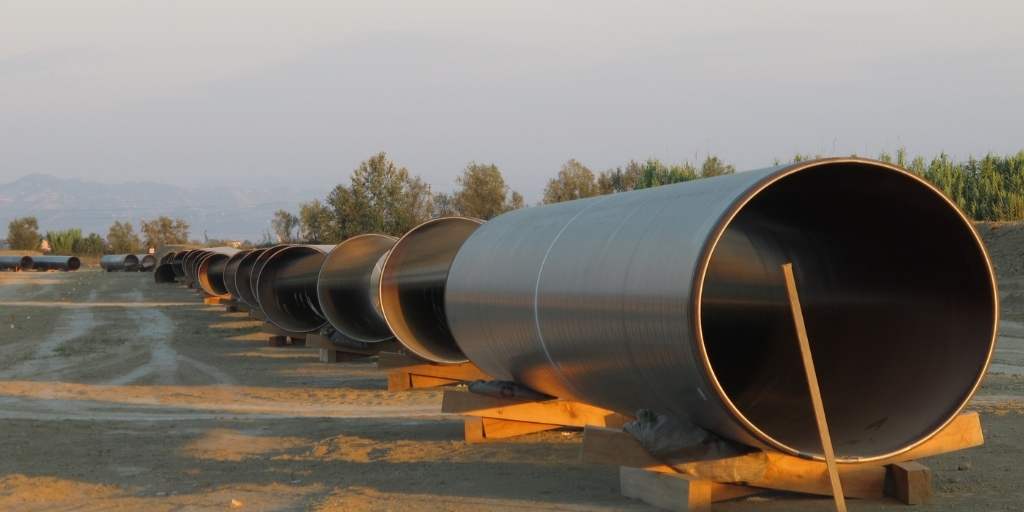New beginnings at 30: can the EBRD leave behind fossil gas to become a bank fit for our future?

Briefing | 16 June 2021
This report analyses the EBRD’s energy-related operations across the first two years of the Bank’s new Energy Sector Strategy (ESS) (2019-2020). This initial period of the ESS’s implementation is also compared to the previous ESS implementation period (2014-2018) to assess whether the Bank has been successful thus far in investing in the decarbonisation of the energy systems in its countries of operation. We find that despite an average increase in renewables investments as a percentage of energy-related spending, the share of support for fossil fuels across both the previous ESS period and the current one has remained constant.
This analysis of the EBRD’s data is supplemented by case studies on three key countries where the EBRD has continued to invest in fossil gas and one sector that is key to decarbonisation. From power plants in Uzbekistan, to extensive new storage and transmission infrastructure in Cyprus, to Romania’s stranded pipeline, to upgrading and constructing new heating systems, we show that the EBRD’s plans for fossil gas are set to lead to fossil fuel lock-in and stifle climate action. We also provided recommendations on how the EBRD can end support for fossil gas in order to lead its countries of operation into an economic transition for the future.
Theme: Uzbekistan, Cyprus, Romania
Project: District heating, Fossil gas
Tags: Cyprus | EBRD | Energy Sector Strategy | Romania | Uzbekistan | fossil gas
Never miss an update
We expose the risks of international public finance and bring critical updates from the ground. We believe that the billions of public money should work for people and the environment.
STAY INFORMED
